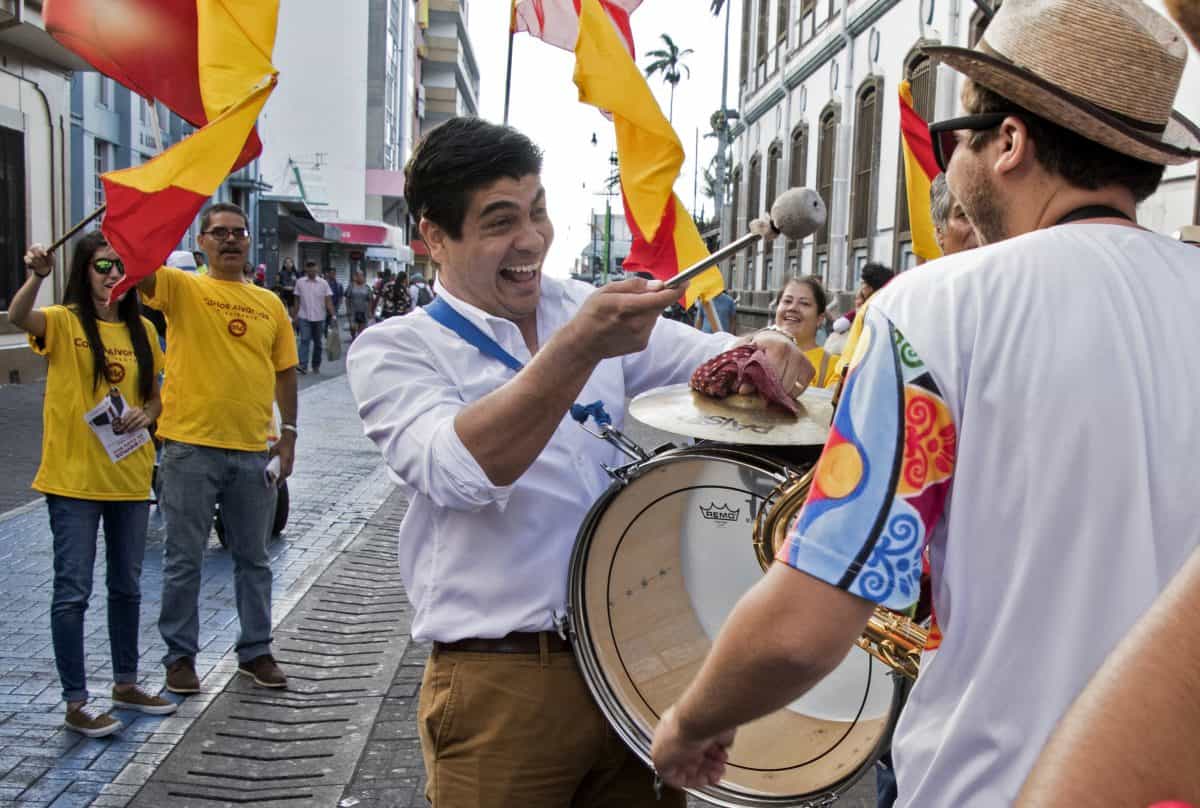When Carlos Alvarado Quesada was born in January 1980, Costa Rica’s Minister of Public Transport was an engineer called Rodolfo Méndez Mata. On May 8 of this year, Méndez will once more become the Minister of Transport, this time named by the country’s new president: Carlos Alvarado Quesada.
It’s clear that Méndez is a veteran of public service, but he is also an unquestionable reminder of the enormous generational shift represented in national politics by “Carlitos,” as some have called him with certain disdain rather than out of affection.
At his 38 years of age, Carlos is, strictly speaking, the youngest president in the past century of the Republic, but I dare go beyond that: in a real sense, he’s the youngest in this country’s history.
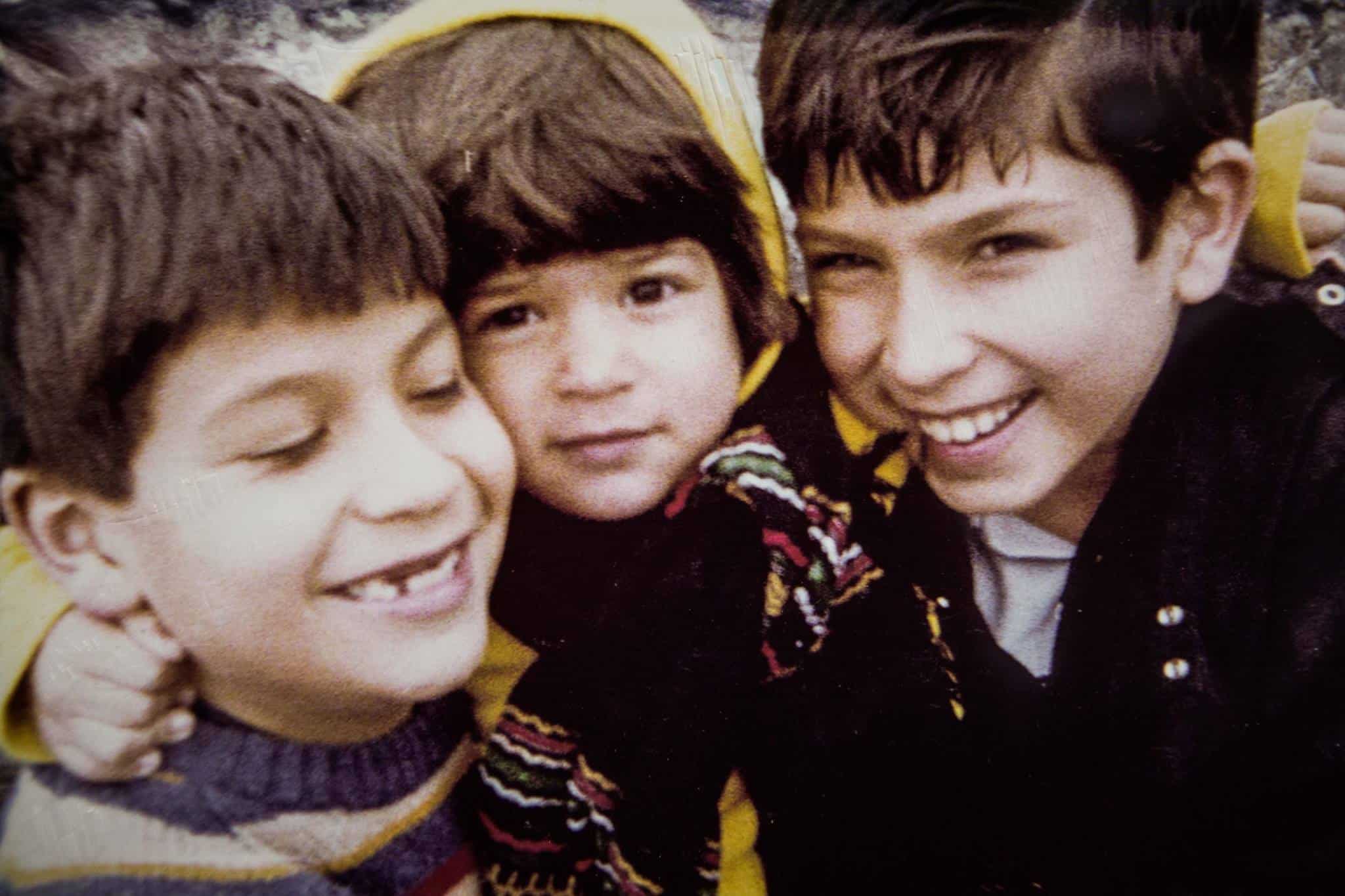
The youngest president before “Carlitos” was Alfredo González Flores, who in 1914 assumed the presidency at the age of 36 (without winning the elections, but that’s another story). However, the life expectancy in Costa Rica at that time was about 35 years of age, according to official records. That is to say, 36 was not young. The age signified an adult who was privileged to live beyond the average.
The case of “Carlitos,” also called “Charlie,” is very different. maybe the nickname was also used to portray him as a youngster getting into “adult” activities. At this moment the life expectancy is around 80 years old and the average age of citizens is over 42.
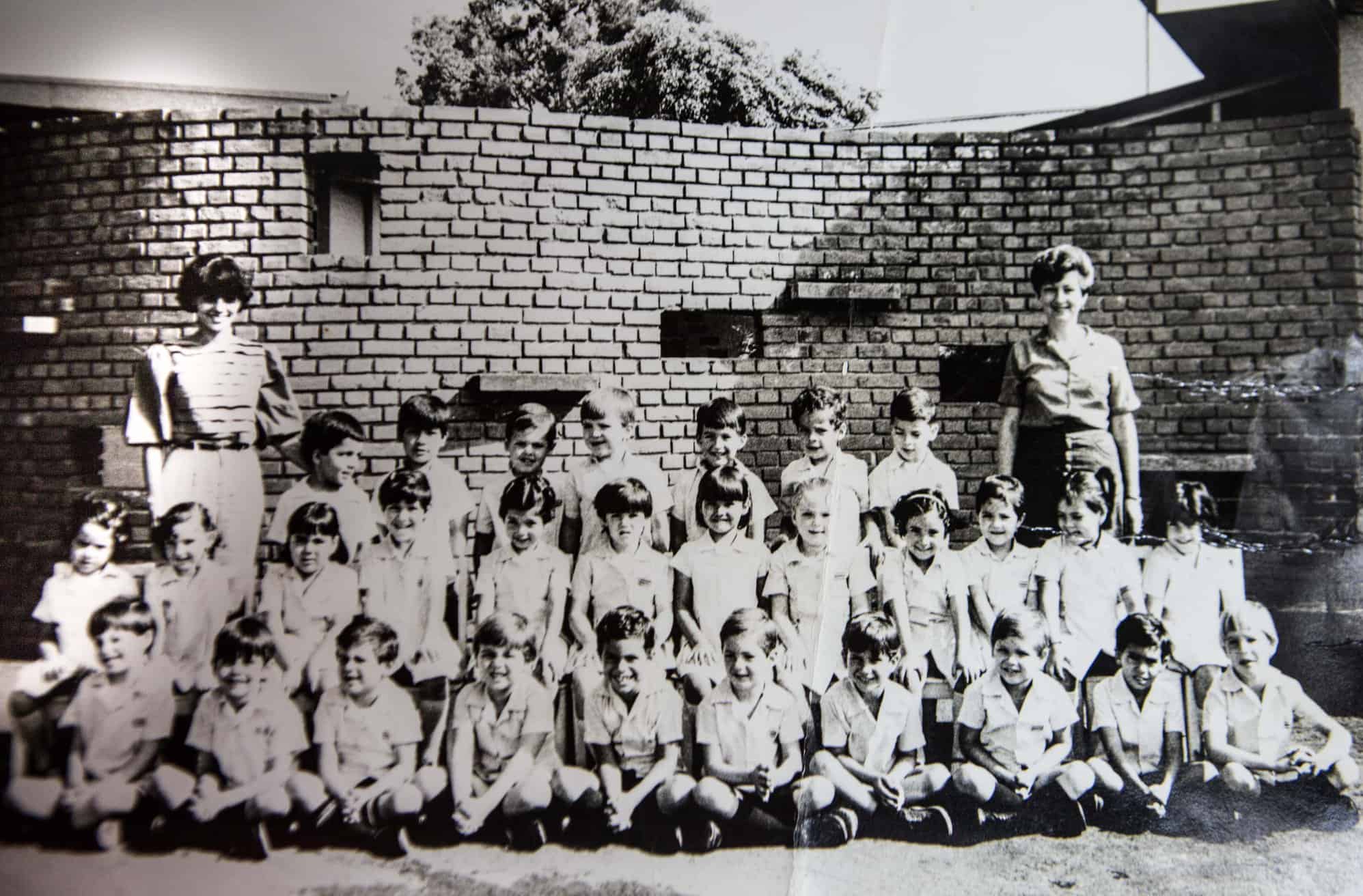
He was born just when the “lost decade” was starting and belongs to that generation that lived an analog childhood and a digital adolescence. He is not a “millennial” because of his date of birth, because he still keeps using and producing those dinosaurs called books, and because his appearance is more like that of a traditional cuarentón (forty-year-old): in his average photo you see him with a rolled-up button-down or with a brown blazer. Besides that, he’s an active parent.
But let’s go to what matters the most: Carlos Alvarado is not “the son of so-and-so.” That is to say, the parents of the new president are not political figures and, as far as I know, they belong to that majority of the population that don’t want anything to do with politics. Even now, with their son as president-elect, we’ve barely seen them in the media (a 68-year-old aunt of mine says that they should appear more so we can see that “the young man is not alone”).
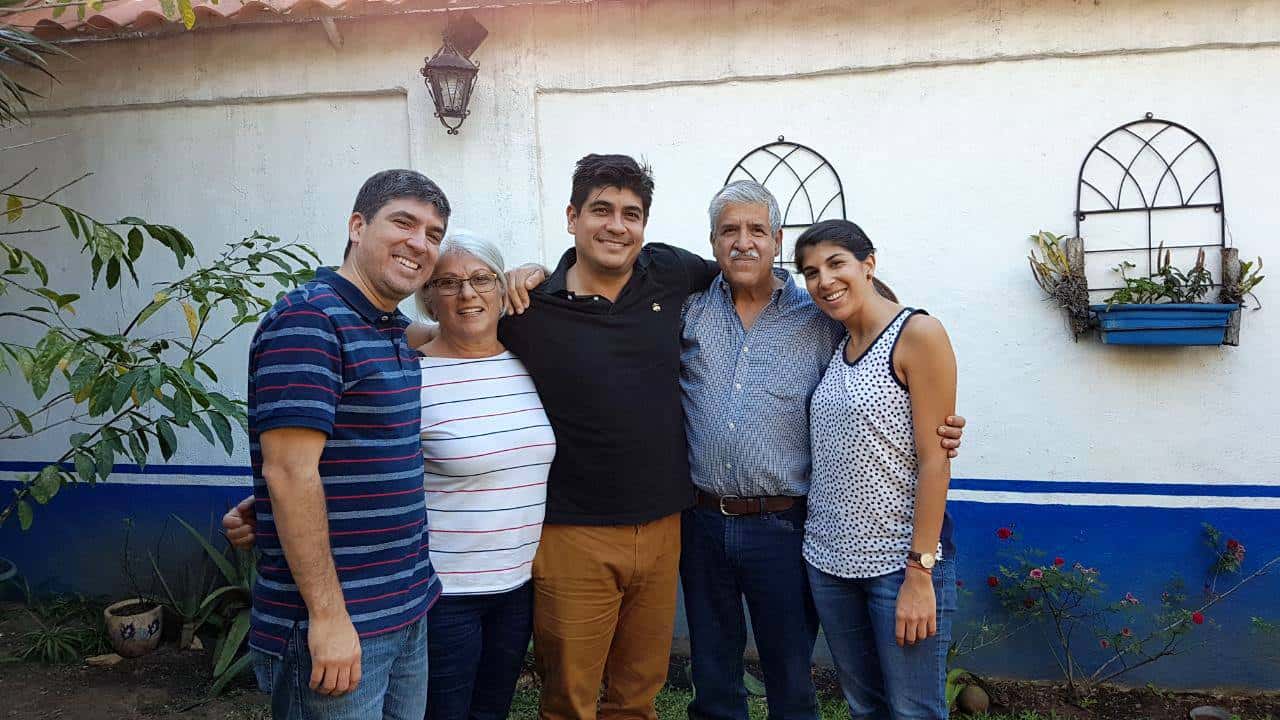
The regeneration that Carlos represents is not fiction: it’s genuine. He belongs to a generation that’s truly new to politics, and he seems to be conscious of that. He has the advantage that he saw the country’s bipartisan and ideological politics that we come from, but he has also seen those politics languish from his vantage point within the Citizen Action Party (PAC), a party born in this century with “graduates” of those 20th-century parties, guided by a vision of citizen action that gave the group its name. He knows the dynamics of the traditional press, but has incorporated digital interaction. The concepts of “inclusivity” and “climate change” are ideas he has fully assimilated.
He has an advantage: he understands the demands of the generation born in the digital era, but doesn’t live for screens and clicks. Maybe he even lived outside of a condominium and remembers Saturdays with no traffic jams in the streets. There’ll also be new voters that don’t qualify him as young. (“My dad is that age. That’s not young,” a first-year student told me at the University of Costa Rica.)
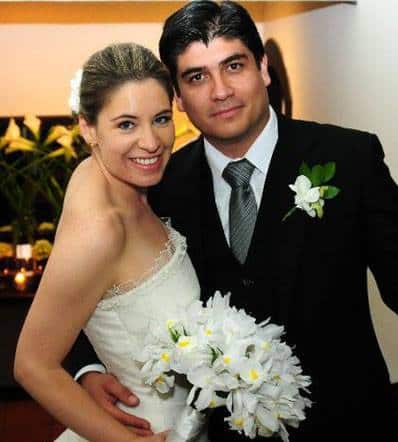
That’s to say, Carlos has the advantage of walking over borders and being able to blend into both groups. It’s not that he’s “ni chicha ni limonada” (“neither chicha nor lemonade”); it’s that it “es chicha y limonada” combined. We can imagine that he’ll be able to recognize the monsters that the Italian thinker Gramsci alluded to when he said, “The crisis consists precisely in the fact the old dies and the new cannot be born; and in this interregnum a great variety of morbid symptoms appear.”
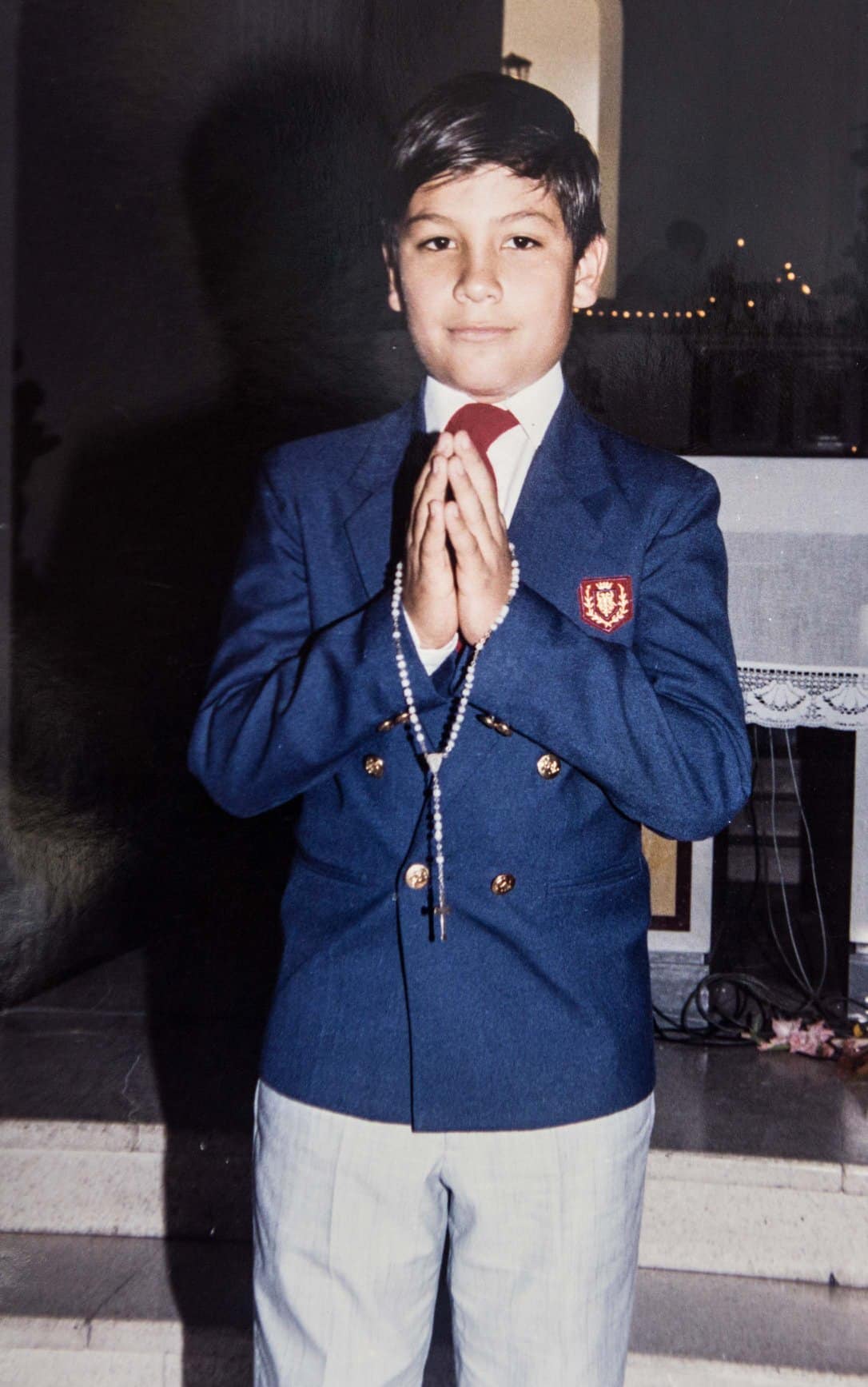
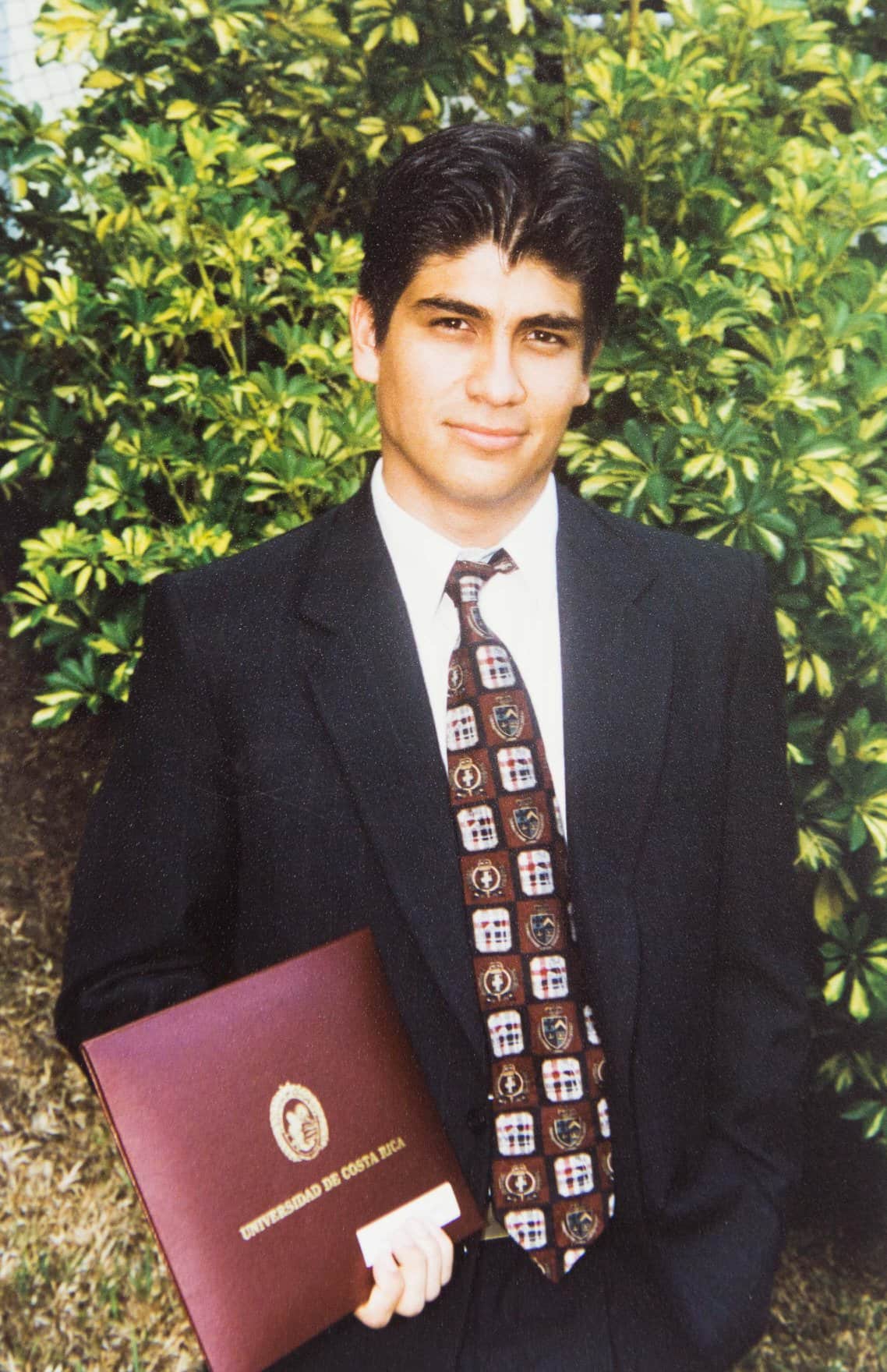
(And yes, we know that being young is no guarantee of quality in politics, just as being a woman is no guarantee. We know that Celso Gamboa was the youngest magistrate, and that half the world venerates the old Pepe Mujica.)
Álvaro Murillo is an experienced journalist who specializes in political coverage and has written for La Nación, Semanario Universidad and El País. In “No Sugar, Please,” his twice-monthly column, he explores politics in its broadest terms, from the halls of government to community life. Connect with him on Twitter.

